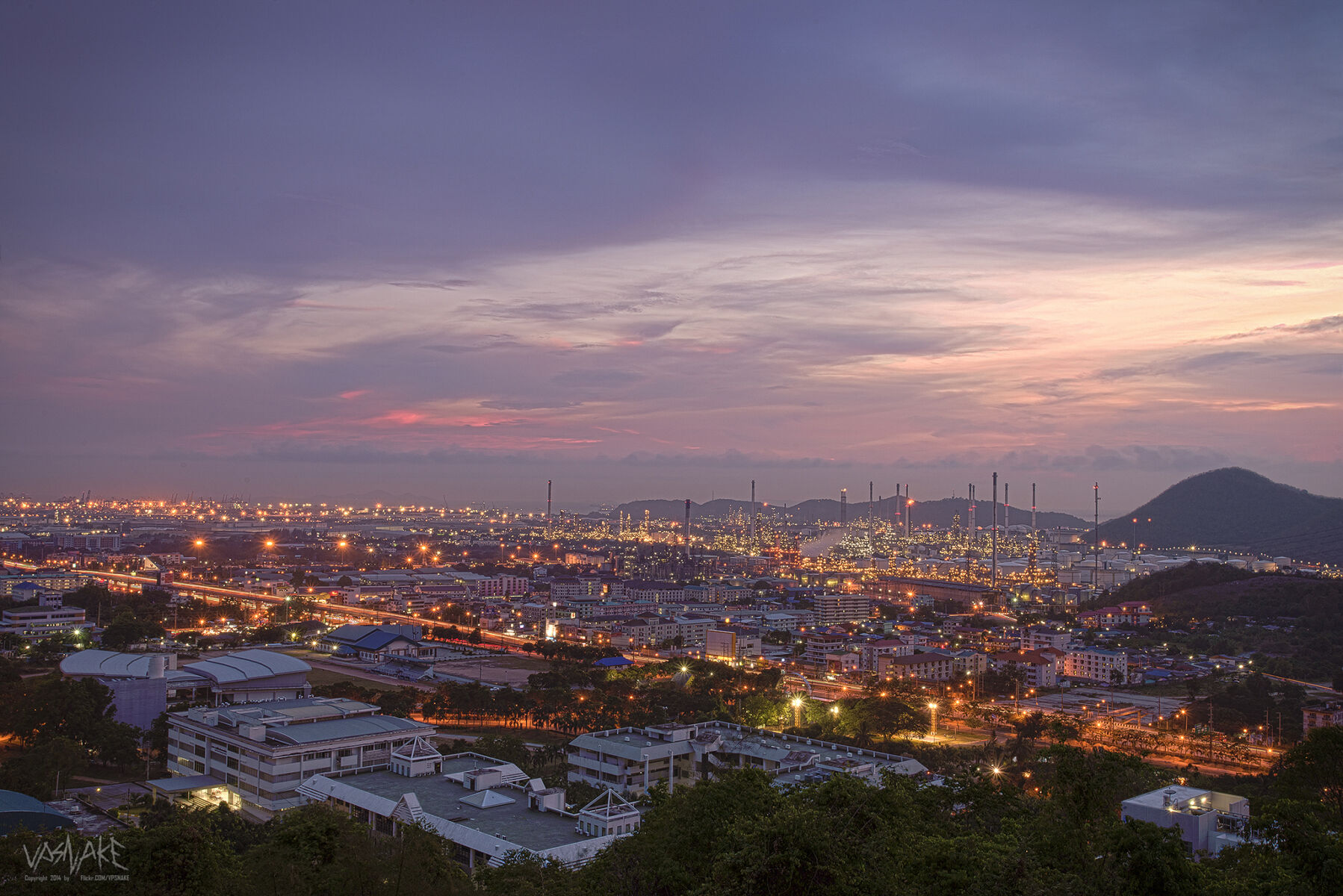Thai Oil predicts equal oil demand and supply, boosted by Asian refineries

Thai Oil Plc (TOP), a subsidiary of the PTT Plc conglomerate, anticipates a more favourable outlook for oil trading in 2023, with global oil demand and supply projected to be nearly balanced.
Crude oil demand is predicted to reach 101 million barrels per day (MBD), a 1.6 MBD increase from 2022, while supply is expected to be 101.3 MBD, a 1.5 MBD rise from the previous year, according to Nuttapol Nopparatwong, TOP’s vice-president for commercial planning.
He cited estimates from the US Energy Information Administration, which indicate a reduction in the current oil supply surplus due to the Organisation of Petroleum Exporting Countries (OPEC) and its allies, known as OPEC+, agreeing to cut production. Crude oil demand is likely to be driven by consumption, particularly in Asia. Nuttapol said…
“Higher demand will correspond with additional production capacity from new oil refineries across Asia, which are scheduled to start commercial operation in the second half of this year.”
In the first quarter of 2023, TOP reported oil stock losses of 3.3 billion baht, a decrease from losses of 9.1 billion baht in the second half of 2022. Nuttapol expects the company to see oil stock gains in the latter half of this year.
Meanwhile, domestic demand for liquefied petroleum gas (LPG) in Thailand is projected to decline by 0.5% from last year, as more motorists switch to electric vehicles, according to Torsang Chaipravat, TOP’s vice president for financial planning. The LPG price subsidy will continue, capping the price at 423 baht per 15-kilogramme cylinder until the end of June. Low-income earners will also receive 100 baht per person via state welfare cards for three months to purchase LPG at lower prices.
The consumption of gasoline and gasohol is anticipated to rise by 6.1% from last year, following the government‘s policy to stimulate spending. Diesel demand is also expected to increase by 1.5% from 2022 due to heightened economic activity and transportation. Last year’s high liquefied natural gas prices led power companies to use more diesel as a fuel substitute for gas, reported Bangkok Post.
Latest Thailand News
Follow The Thaiger on Google News:


























